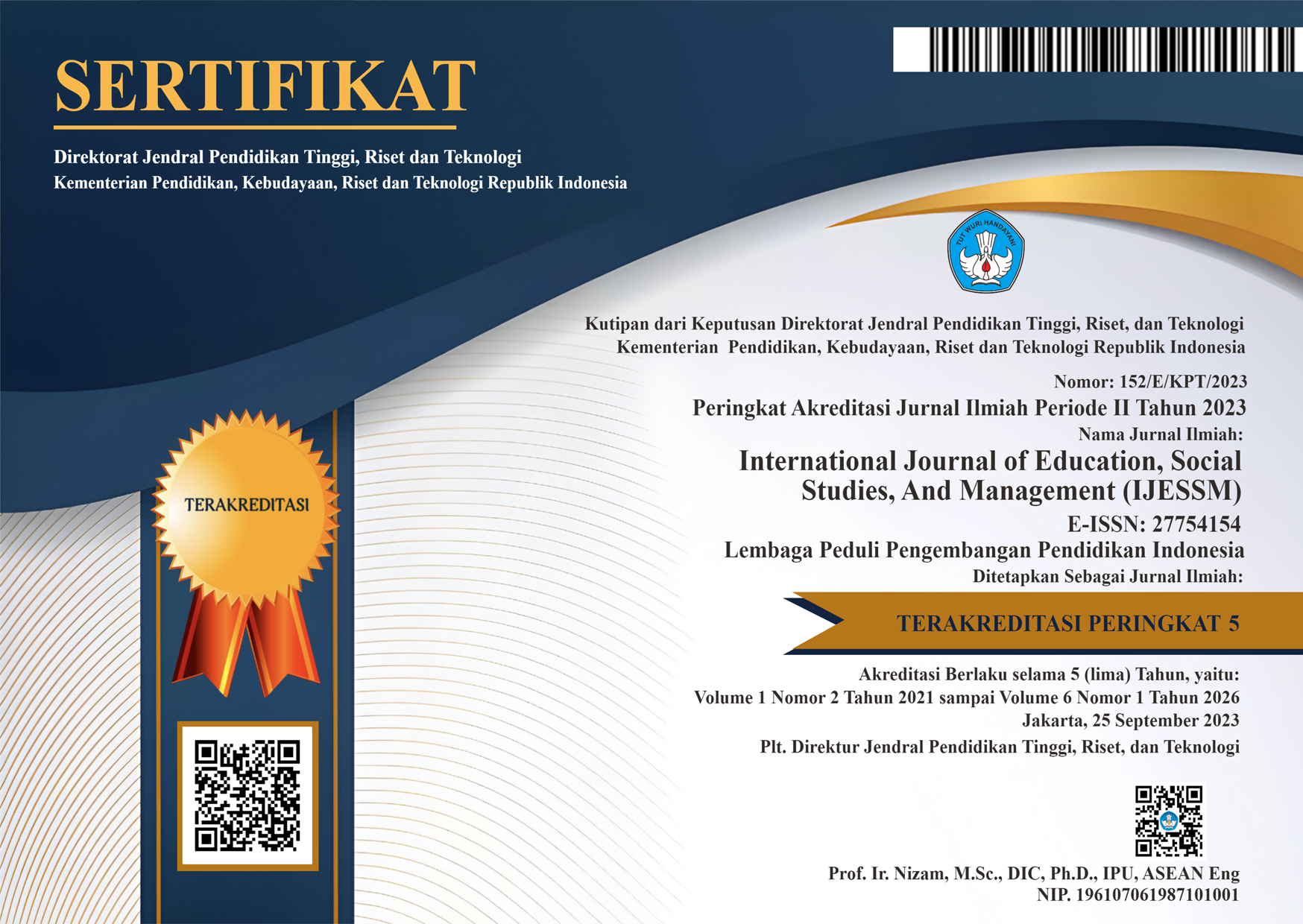Analysis of The Influence of State Income and State Expenditure on Tax Revenue in Indonesia 2001-2023 From the Perspective of Islamic Economics
DOI:
https://doi.org/10.52121/ijessm.v4i3.457Keywords:
State Revenue, State Expenditure, Tax RevenueAbstract
Taxes are one of the sources of state revenue for financing state expenditure. When tax revenue decline, governments often face an urgent need to maintain social and economic stability. In Indonesia in 2020 the ratio of state revenue from taxes fell by 1.5% from the previous year. So if fluctuations in tax revenue and an increase in state spending lead to a high budget deficit, and the government needs to find others sources of financing, such as loans to cover the financing shortfall. The type of research used is quantitative. The method used in this study is the Error Correction Model (ECM). The data used is secondary data published by the Ministry of Finance with the type of time series data in the year of observation, namely 2001-2023 in the State of Indonesia. Testing was carried out with the help of the Eviews 10 software application. The results of this study shows that only the state revenue variable has a significant effect on tax revenue in the long term and short term, while the state expenditure variable does not have a significant effect on tax revenue in the long term and in the short term.
Downloads
Published
How to Cite
Issue
Section
License
Copyright (c) 2024 International Journal Of Education, Social Studies, And Management (IJESSM)

This work is licensed under a Creative Commons Attribution 4.0 International License.

















